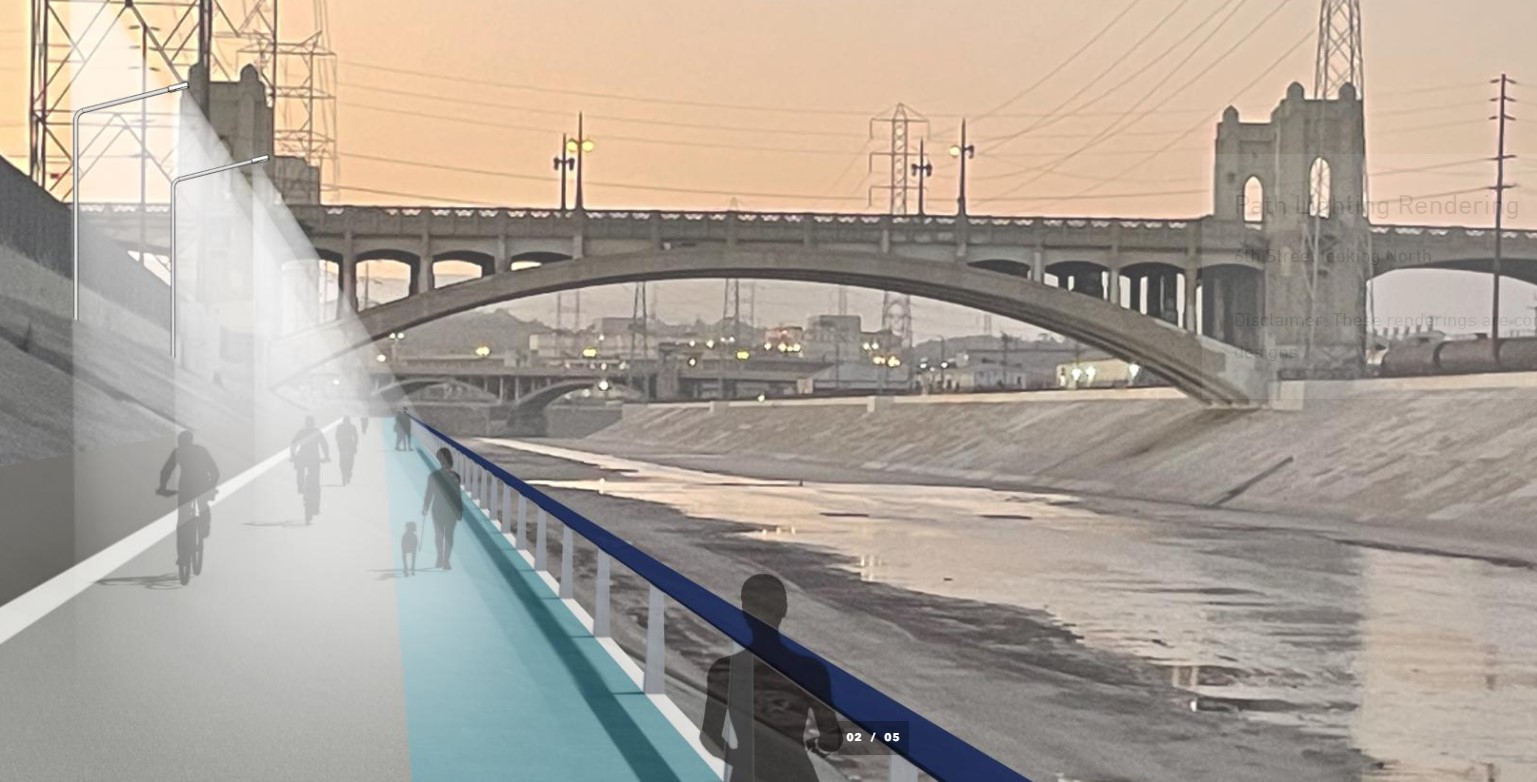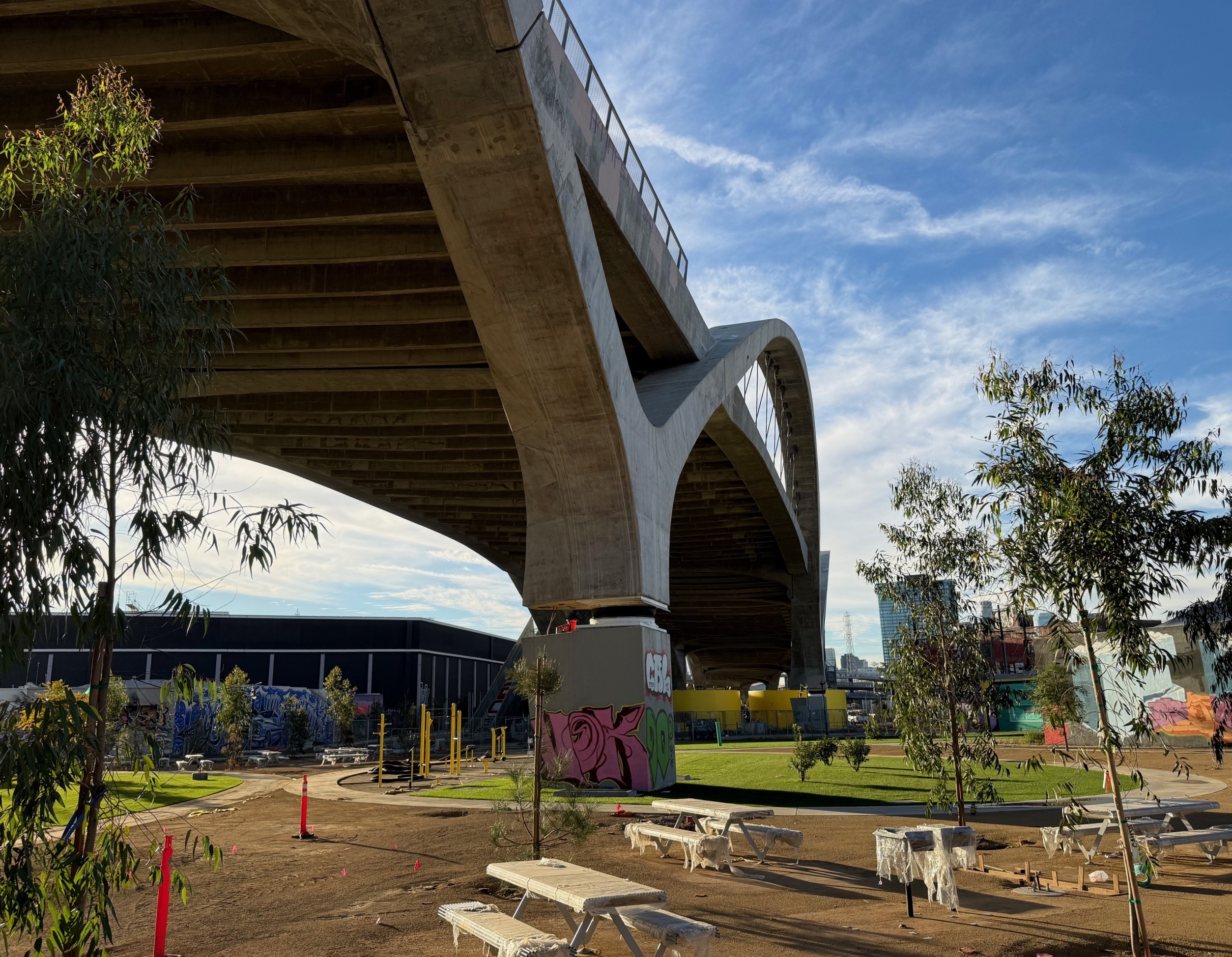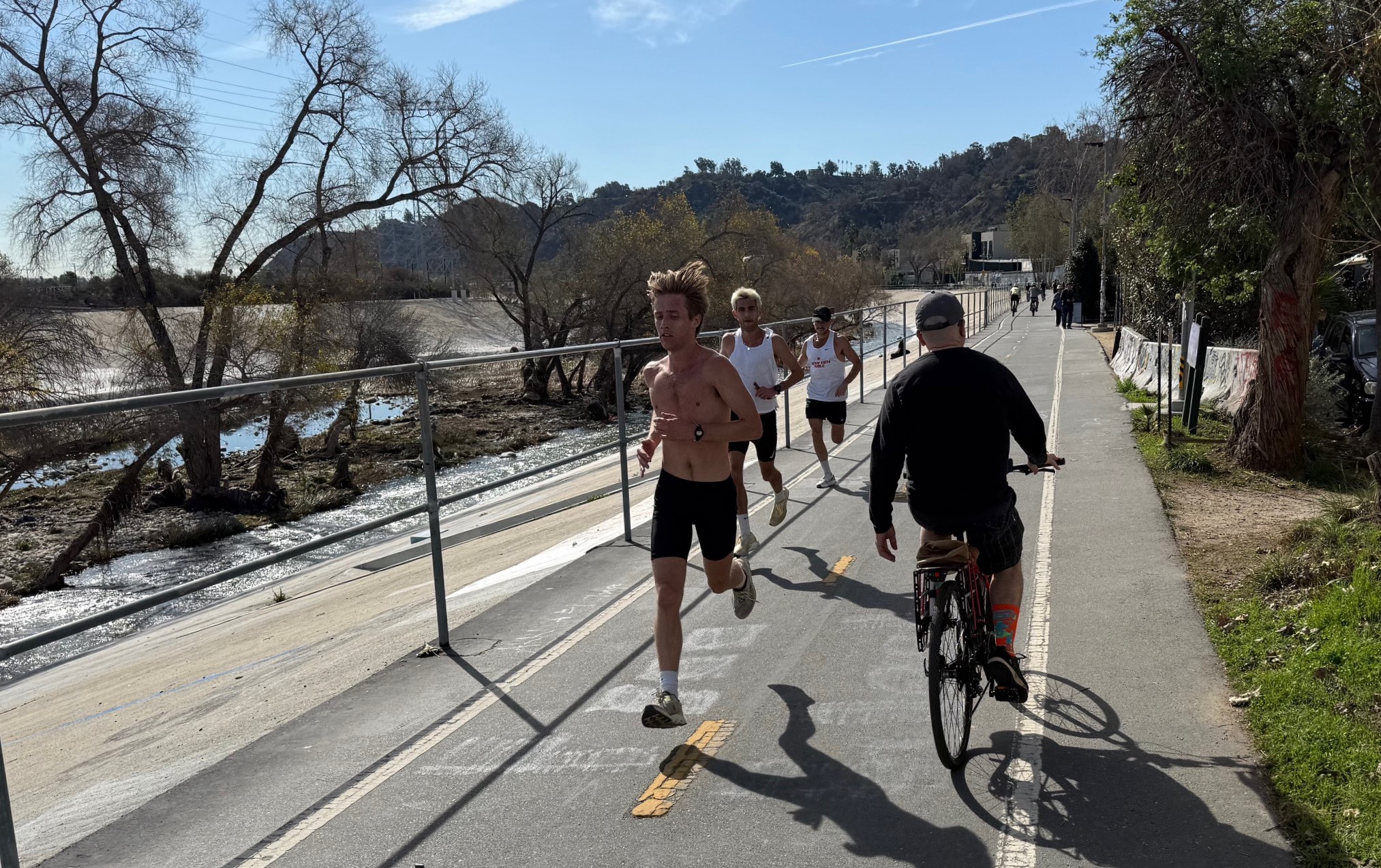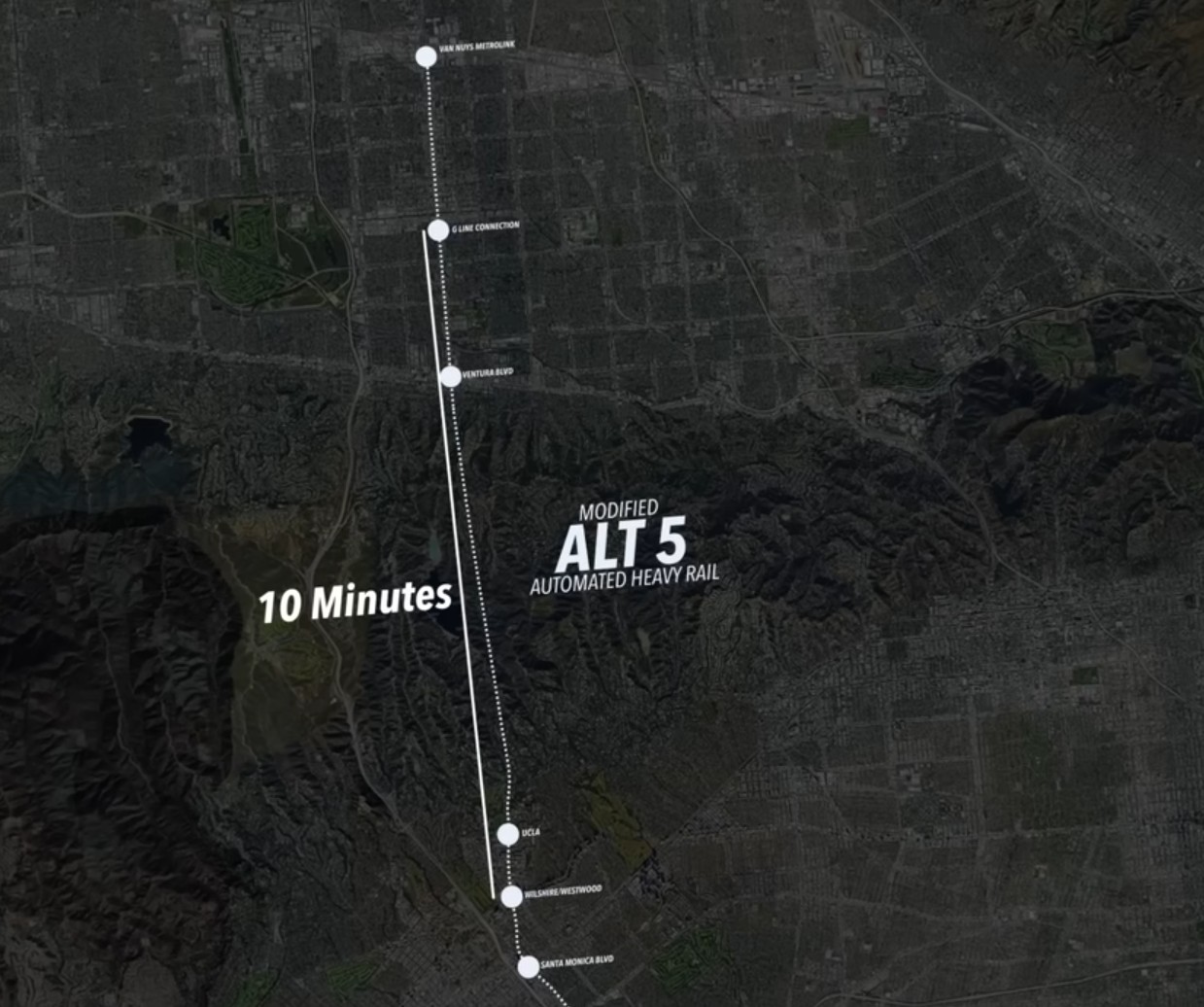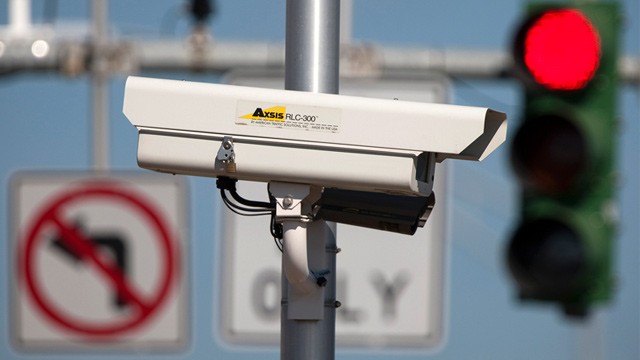
Last week the Los Angeles Police Commission, the citizen panel that oversees the LAPD, unanimously voted to reject the LAPD's recommendation to extend the city's contract with an Arizona based group that provides, maintains, and utilizes "red light cameras" at 32 Los Angeles intersections. The move came as a shock to the LAPD, but has been widely praised, including two editorials in the city's two largest newspapers.
The City Council can override the Police Commission with a two-thirds vote. And while it is unlikely they will do so, it's too bad that the program is going down without a whimper.
Red light cameras have always been a political hot potato. Privacy advocates have long argued against the government's right to place cameras at intersections. Others have argued that those ticketed by the cameras don't have the right to face their accuser as guaranteed by the Constitution. But most people just don't like getting ticketed when they break the law and are caught doing it. There's even an Orwellianly named group of "local activists" called "Safer Streets L.A." that lobbied against the cameras by arguing that cars making right turns on red lights without stopping isn't really that big of a deal. Nearly two-thirds of tickets given by red light cameras are for cars making illegal right hand turns.
As we n0ted three years ago, cars making right hand turns without yielding is a major traffic safety concern.
When the Federal Highway Administration discusses the conflict between pedestrians and automobiles it ranks “right on red” as the top concern. A look at crash fatality statistics nationwide shows that in Los Angeles, almost one quarter of all crash fatalities are pedestrians.
And as the L.A. Times noted in their editorial burying the camera program, the red light cameras are working.
The LAPD cites a 62% drop in red-light-related collisions at the intersections with cameras, compared with a 22% drop citywide during the same period. Yet local activists have questioned whether the improvements are due to the cameras; at the same time the devices were installed, engineers added "all-red" intervals, during which the lights in all directions are red.
While the "all-red" intervals doubtless help the situation, some of those "all-red" times are a total of .1 seconds. A 62% drop in collisions (not "accidents," good job Times!) is an amazing statistic and if the cameras and intervals are working that magic together with the all-red signals; I would want to see more cameras, not less.
The Daily News didn't even bother to mention the number of crashes that have been reduced, hiding behind the dishonest claim that, "Of course, safety is the No. 1 concern. But while the LAPD and the camera's peddlers quote data showing the cameras help, opponents cite less conclusive evidence. And many skeptics believe the cameras even cause rear-end collisions by prompting drivers to stop abruptly." It's a neat trick to equate statistics with criticism that people make up without doing research, but it tells you more about the Daily News Editorial Board than it does red-light cameras.
However, joining the anti-traffic enforcement organization in opposing the cameras is Councilman Dennis Zine who referred to the program in the Times as "dishonest" and "really mocks the public." I wonder if the Councilman would feel the same about a program that caught gang members that saw a 62% reduction in gang related crime.
Another common argument against red-light cameras is that they are a scam to impoverish people by ticketing them hundreds of dollars for minor infractions. Locally, the red light camera program actually loses money, the program spends somewhere between a half million and 1.5 million a year to reduce traffic crashes by nearly one-quarter at intersections around the city.
A third argument is that red-light cameras ticket scofflaws instead of people that are truly dangerous. This argument ignores basic criminology that posits that those who commit small crimes are most likely to be the ones to commit car crimes. When it comes to scofflaw drivers, the argument is that those same drivers are most likely to commit major crimes. In other words, if you are willing to take a right on red without stopping, you're probably also likely to drive at unsafe speeds or ignore a bike lane.
There's clearly some problems with the city's red light program. Some intersections were chosen for political purposes, i.e. every Council District gets at least one, and the collection program is in desperate need of repairs. But the fury aimed at the program has more to do with drivers not liking to get tickets than it does complaints with the particulars of L.A.'s program.
